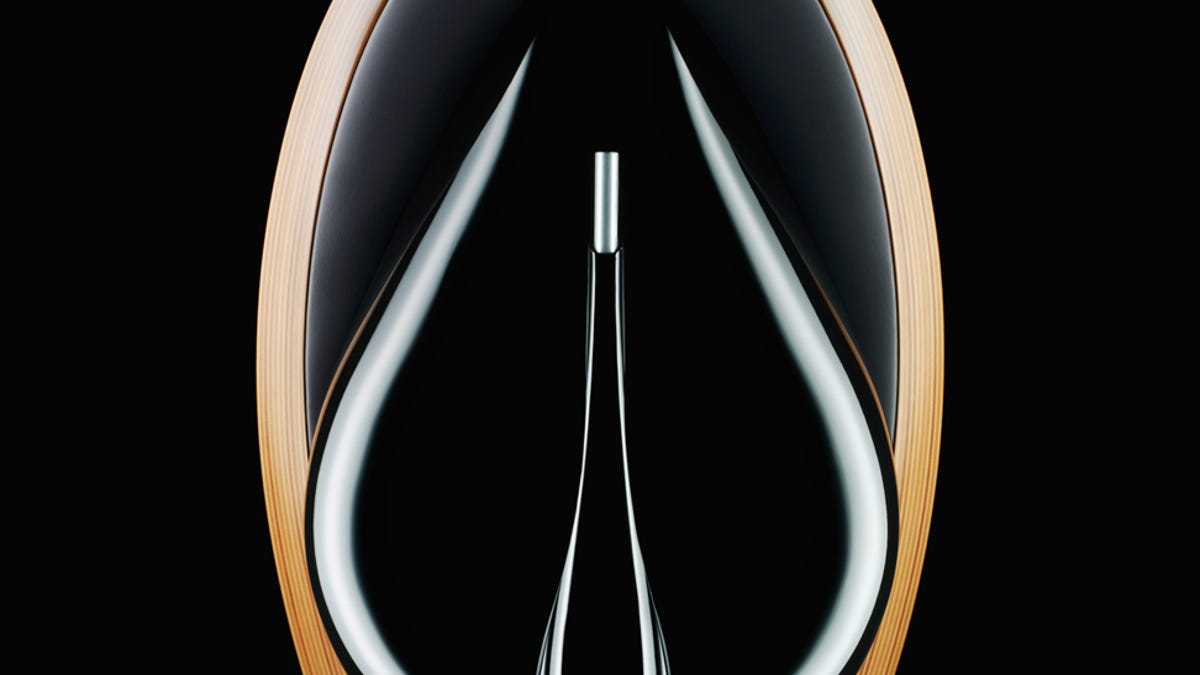Will technology ever deliver a perfect speaker or headphone?
Aside from a handful of audiophiles, no one really wants that -- even if it were compact and affordable. Everyone just wants a sound that sounds good to them.

It's got to be the No. 1 audiophile fantasy: someday we'll have a breakthrough that allows speakers to perfectly reproduce sound. Once the engineers find a new way of moving air -- presumably a more accurate method than a vibrating cone, dome, or flat diaphragm -- the heavens will part and we'll suddenly hear the sound of real instruments and singers through our hi-fis. Not so fast -- that would be a great start, but once the sound leaves the speakers and interacts with your living room's acoustics, all bets are off. Put aside the perfect speaker fantasy for a second, even if you had Radiohead in your 14-by-21-foot living room, it wouldn't sound very good. A symphony orchestra would have even less of a chance of unleashing its full potential in such a small space. Remember, the acoustics and spatial characteristics of a club or concert hall have a huge impact on the sound of real instruments; reproduced instruments in your living room wouldn't stand a chance. Unlike a concert hall, your home's acoustics weren't designed with sound in mind.
Then again, perfect fidelity to the original sound of a band playing in a studio wasn't part of the engineers and production team's agenda, and chances are high that a song's final mix never includes the band actually playing the tune from start to finish. Today's music is assembled from bits and pieces of sound, some real, some not. Then it's pitch corrected, processed, compressed, and manipulated in various ways, and perfect speakers would just make all of the trickery all that much more obvious. Fact is, the engineers know that most folks will be listening to their handiwork over less-than-stellar Bluetooth speakers or free earbuds. Play those recordings over a speaker or headphone that exactly reproduces the intricacies of the mix, and it's not going to sound so good.
I'm not claiming that's true for all recordings; just the majority of them. Most people don't buy music based on sound quality and that's fine, but the audiophiles yearning for perfect-sounding gear rarely consider that inconvenient truth. A not-quite-perfect recording can never sound truly lifelike. A perfect speaker won't change that.
We don't really want perfect sound reproduction -- we want sound that sounds good to us. I'm suggesting that instead of waiting for that unattainable breakthrough, just go ahead and buy hi-fis and headphones that make the music you like sound good to you. You like tons of bass? Buy the bassiest headphones or speakers you can find. If you like to listen at superquiet volume levels and still hear all the details in the music, there's gear that will take you there. Good sound truly is in the ear of the beholder.
There's still time to write an article for the You can be the Audiophiliac for a day "contest." Next month, I'll turn over the reins of this blog to one lucky reader. It could be you.

